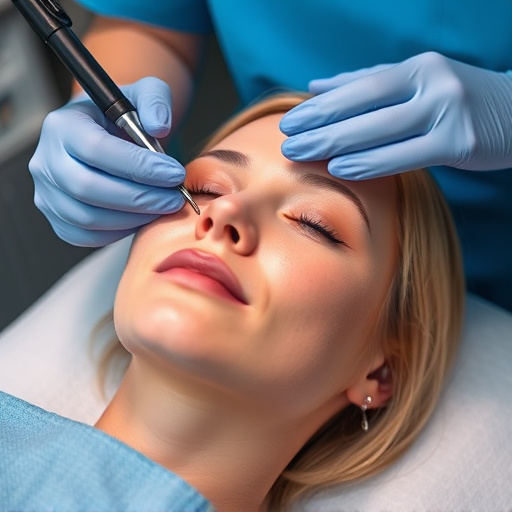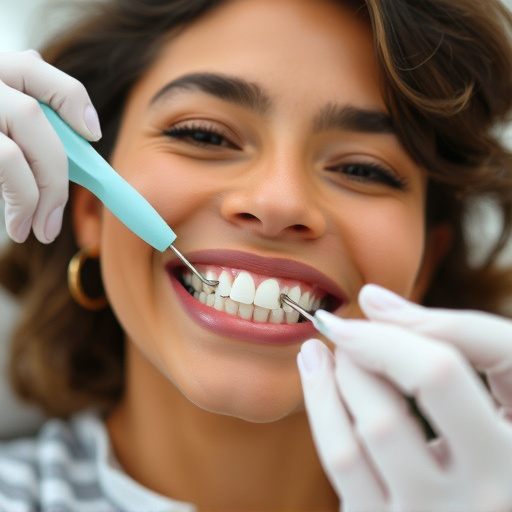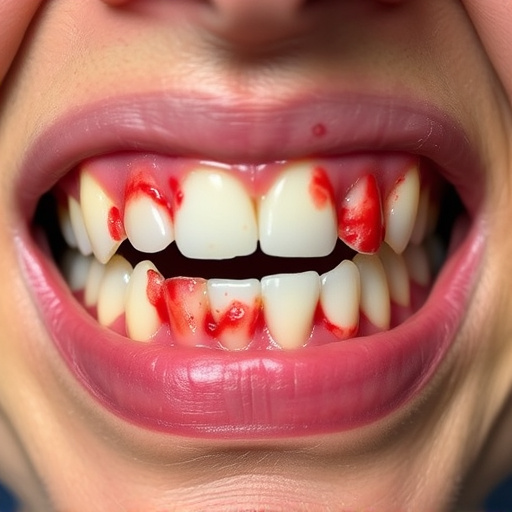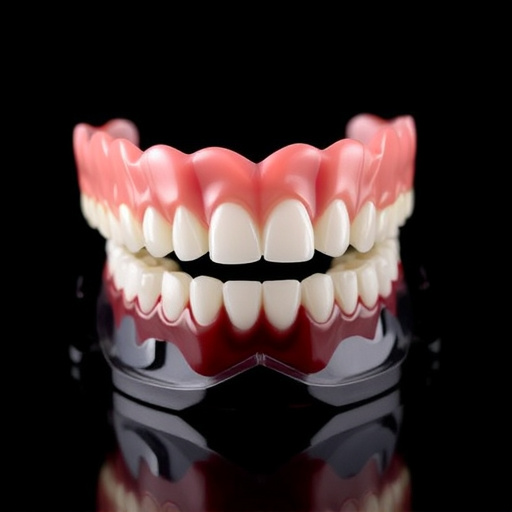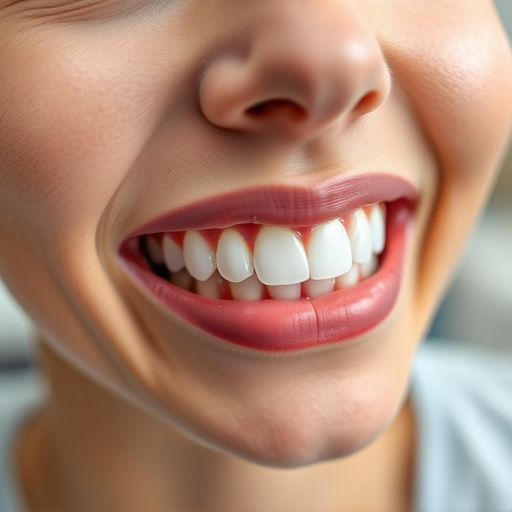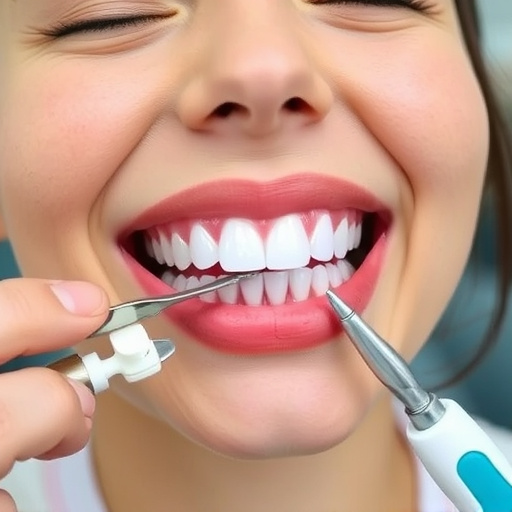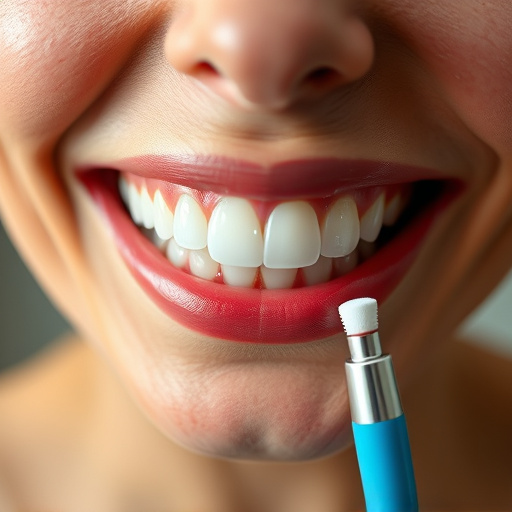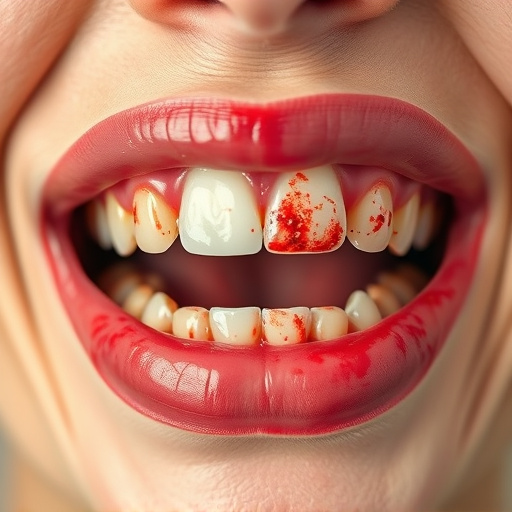Teeth grinding (bruxism) requires a comprehensive oral health evaluation due to stress, bite issues, and medical conditions like sleep apnea. Effective treatment involves lifestyle changes like diet and exercise, stress management, and personalized dental guidance. Professional treatments include night guards, fillings, crowns, bite adjustment therapy, and occlusal rehabilitation for severe cases, promoting long-term dental health.
Teeth grinding, or bruxism, can lead to serious dental issues. Understanding its causes is the first step towards finding effective treatments. This article delves into proven strategies to stop teeth grinding, encompassing lifestyle adjustments for immediate relief and exploring advanced dental procedures. By understanding the root causes and considering professional help, you can finally find solace from this disruptive habit and protect your smile. Discover tailored solutions with our comprehensive guide on teeth grinding treatment.
- Understand the Causes of Teeth Grinding
- Lifestyle Changes for Effective Relief
- Explore Professional Dental Treatments
Understand the Causes of Teeth Grinding
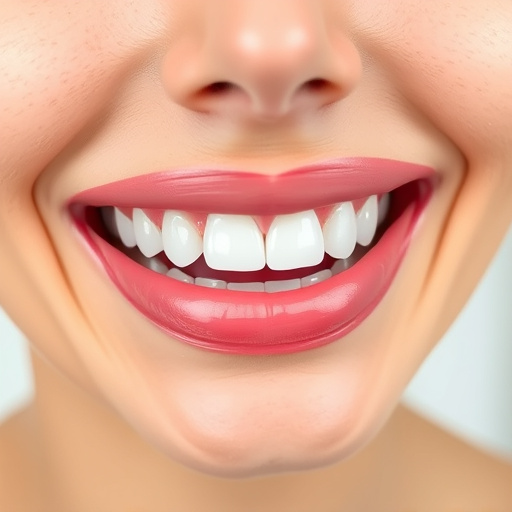
Teeth grinding, or bruxism, is a common condition that can have various underlying causes. It’s important to understand these factors to effectively address and treat the problem. One primary reason for teeth grinding is stress and anxiety. Many people unconsciously grind their teeth when they’re feeling tense or stressed out, often during sleep. This habit can be linked to mental health issues, work pressure, or even certain phobias.
Another significant factor contributing to teeth grinding is bite issues. An improper bite alignment, where the top and bottom teeth don’t fit together correctly, can cause excessive wear on tooth surfaces. This misalignment may result from habits like tongue thrusting, a history of thumb sucking, or structural abnormalities in the jaw. Moreover, certain medical conditions, such as sleep apnea, have been associated with bruxism, highlighting the need for comprehensive oral health assessment and tailored teeth grinding treatment.
Lifestyle Changes for Effective Relief
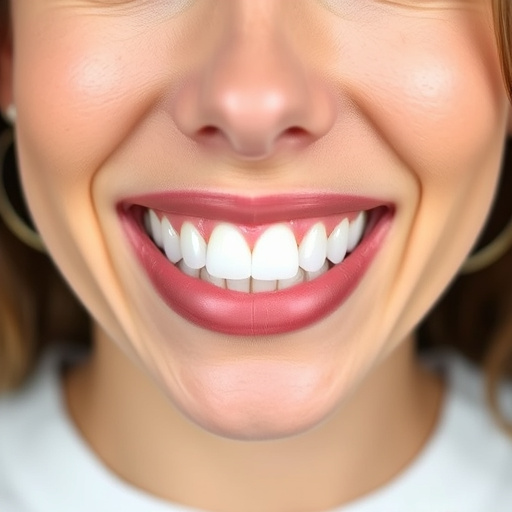
Teeth grinding treatment isn’t just about finding quick fixes; it involves embracing lasting lifestyle changes for effective relief. One key shift is adopting a balanced diet rich in fruits, vegetables, and whole grains while reducing sugary and highly processed foods. This dietary adjustment can significantly impact your overall oral health and reduce the urge to grind teeth.
Additionally, establishing a consistent sleep routine and managing stress levels are essential. Regular exercise, adequate water intake, and limiting caffeine and alcohol consumption can all contribute to breaking the cycle of teeth grinding. If you or your child are experiencing persistent teeth grinding that leads to discomfort or damage, consider consulting with a dentist. They might recommend dental crowns as a long-term solution or provide guidance on emergency dental care if necessary, focusing on both the health of your teeth and your overall well-being.
Explore Professional Dental Treatments
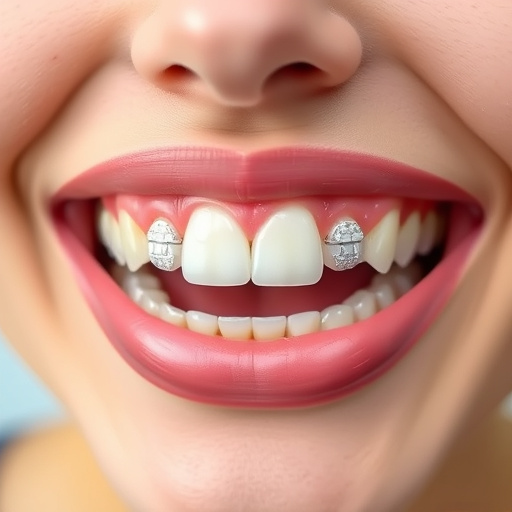
If your teeth grinding has progressed beyond simple awareness to causing dental damage, it’s time to explore professional dental treatments. Your dentist can offer a range of solutions tailored to the severity and underlying causes of your bruxism. For mild cases, night guards or mouthguards are effective teeth grinding treatment options that protect your teeth from wear during sleep. More severe tooth grinding may require restorative dentistry procedures like fillings, crowns, or even dental implants to repair damaged teeth.
Advanced preventive dentistry techniques can also address the root issues contributing to teeth grinding. This might involve bite adjustment therapy, stress management counselling, or occlusal rehabilitation to realign your jaw and improve your bite. By combining these professional treatments with good oral hygiene practices, you can effectively manage teeth grinding and protect your dental health over the long term.
Teeth grinding, or bruxism, can significantly impact your oral health and overall well-being. However, with a combination of lifestyle adjustments, such as stress management and improved sleep hygiene, along with professional dental treatments like occlusal guards and behavioral therapies, you can effectively manage and stop teeth grinding. By addressing the root causes and exploring suitable teeth grinding treatment options, you can restore comfort to your mouth and enhance your quality of life.







